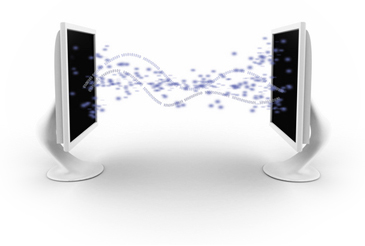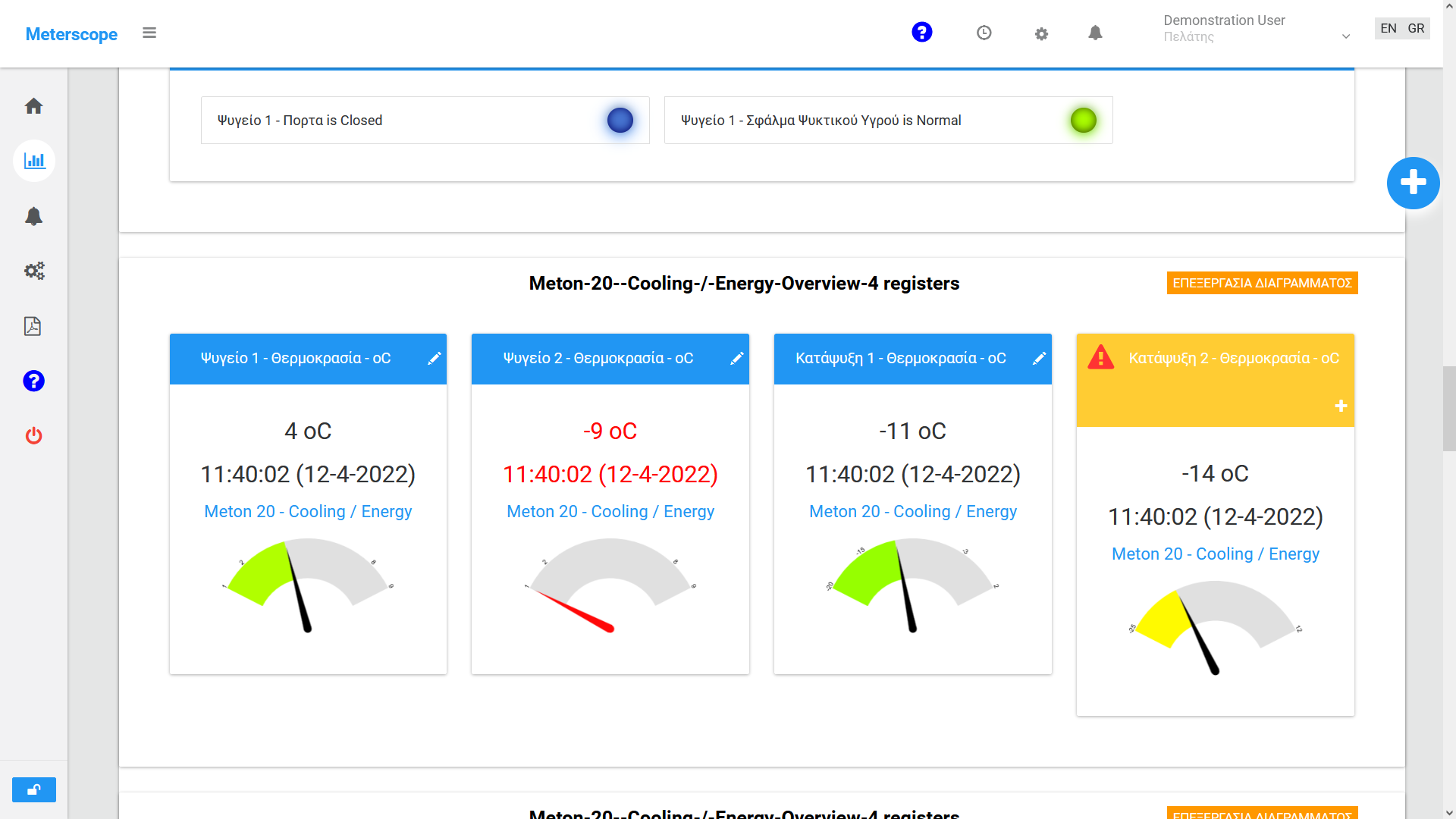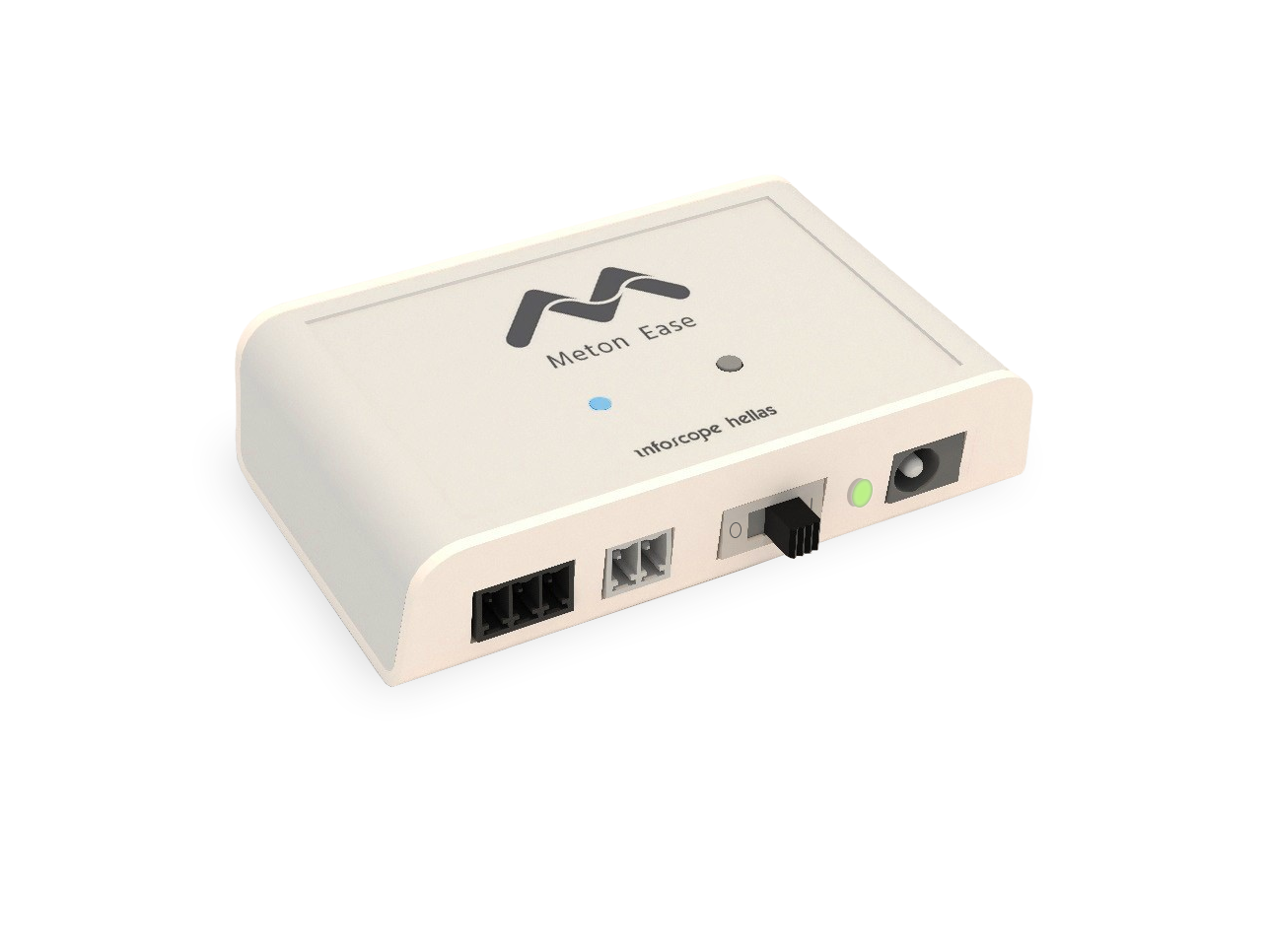
Being willing to share is not only good, it’s also profitable. The Internet revolution has done more than just break down market barriers; it’s built a deeply connected society where everyone and everything is discoverable. Through social media platforms like Facebook and Twitter; we’ve created a global community that has rediscovered its love of sharing-from pictures and stories to files and projects-the Internet we have built reflects our human need to be social and connect with one other. The recent recession and a growing environmental awareness have joined forces with our connected society, creating an economic model that is both very old and wonderfully new. Whether you call it ‘collaborative consumption’ or ‘the mesh’ or ‘web powered sharing’, it’s a powerful force that is changing consumer consumption.
The challenge to traditional consumer consumption patterns (which is driven by creating demand for items for consumers to purchase and own) lies in questioning the need to always own something. You don’t buy a DVD or book to own a disk or the paper,you purchase it to watch the movie or the read the story. The product itself is not important, only the experience that they contain.. Collaborative consumption is nothing new when you consider that you drive on roads and borrow books from libraries that you pay for with your taxes, but you don’t own them. You don’t own the washing machine you use at the self-service laundry but instead pay a small fee to access it.
What is new is how all the old terms like trading, sharing, bartering and leasing are being transformed by the opportunities our connected society and the Internet now enables us. Why sell your possessions through middleman services for less than they are worth when you can now exchange everything from old DVD’s to unused lawnmowers for products you desire from others who want what you have to offer? Instead of an unequal exchange of cash, it becomes an equal trade of value, a challenge to the very definition of what defines ‘profit’ in a traditional consumption economy.
Sharing can also create real income. No one uses their car every hour of every day, and many people have empty rooms in their homes. By offering that spare room through a service like Airbnb or your car through Getaround when you aren’t using it means income from those who are willing to pay for it. This goes beyond monetizing your skills, knowledge and hobbies through the Internet: What you own, even your location and where you live can be a profitable asset.
Perhaps the best example of this transformation is the success of companies like Netflix and Spotify, who clearly show that ownership is not as important as access. It’s also why innovative companies are challenging the need for permanent ownership with ‘as needed’ rental services for items like college textbooks and children’s clothes, especially when our children outgrow their clothes so quickly and students only need their textbooks for one semester. Not only is it cheaper to rent from each other and profitable for those that share, it means less waste as we exchange items amongst ourselves instead of always buying what we need.
The growth of collaborative consumption comes from all of us seeking new ways to create profit and increase value in a globally connected society that loves to share. It’s built on the understanding that just because we want the experience or the use a product offers, doesn’t mean we have to buy it. We don’t need to buy a car to get to work or rent an expensive hotel room for a holiday when we can connect with each other through web powered sharing platforms to find what we need more cheaply and conveniently. It also means that sharing what you own when you aren’t using it is both profitable and environmentally responsible. The Internet revolution has created a new economy that has not only challenged traditional employment and the notion of 9-to-5, but is creating monetization and revenue opportunities from the one thing that unites us all: The need to be social and to share.
Source: http://www.forbes.com/sites/michakaufman/2012/11/30/the-power-of-sharing...








